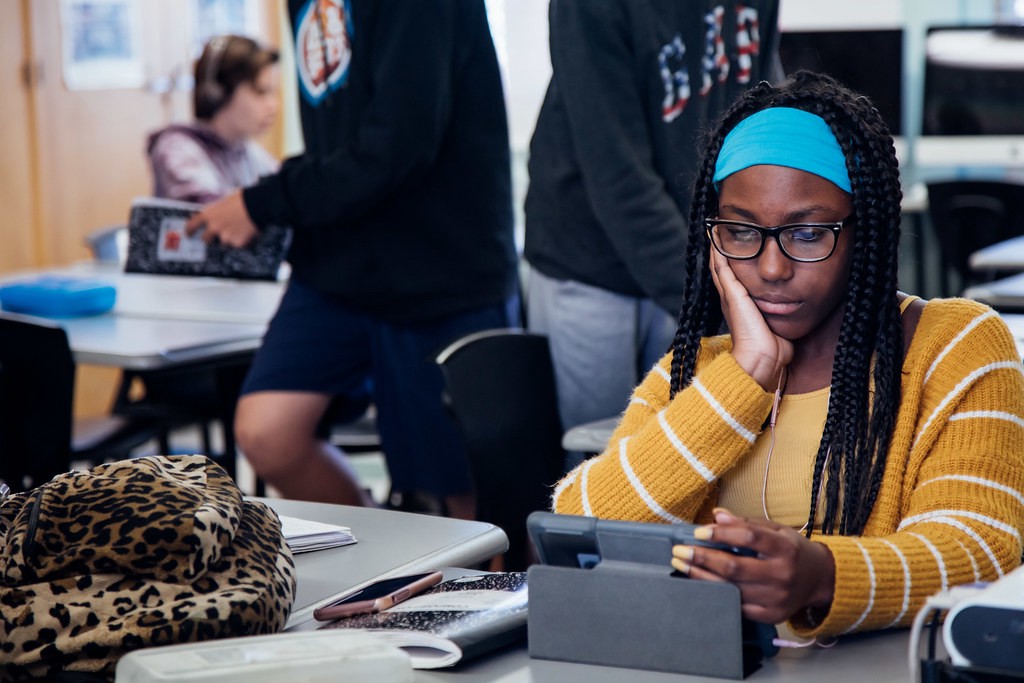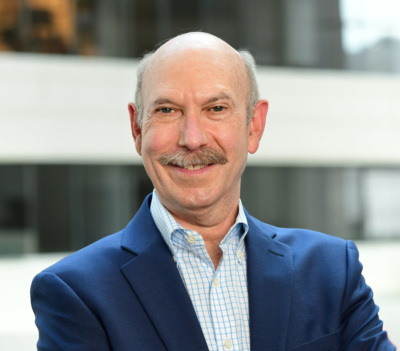
Alan Miller: COVID-19 misinformation can be a matter of life and death
The COVID-19 pandemic has underscored a new reality that now permeates our lives: misinformation is a threat not just to the public life of our country, but to our public health as well.
For weeks, the internet has been awash in what the World Health Organization is calling an “infodemic” (PDF): “an over-abundance of information — some accurate and some not — that makes it hard for people to find trustworthy sources and reliable guidance when they need it.” A lot of it is bogus — for example, “advice” about ways to protect yourself from the coronavirus has included taking warm baths, drinking water to wash the virus into your stomach, eating bananas and inhaling hot air from a hair dryer. None of these work.
Moreover, those who have downplayed the risks have undermined efforts to create the physical distancing that public health experts say is essential to avoid further spread of the virus — thereby jeopardizing the lives of many people.
Taking responsibility
While we can’t control what our friends post on social media, what appears in search results or what pops up in the texts we receive, we can decide what to do with it. We can push back by taking responsibility for checking sources, looking for evidence-based information and calling out false and misleading content when we encounter it. Doing so is now literally a matter of life and death.
We need a new ethos for what we read, watch and listen to, and for what we trust, share and act on. When it comes to “information hygiene” (a term popularized several years ago by Mike Caulfield of Washington State University Vancouver), it’s not enough to simply take care of ourselves right now; we have to help take care of others and “flatten the curve” of the rampant spread of false information. If we truly value our health and the health of our communities, we must accept that we have a personal responsibility to both educate ourselves about fabricated and misleading content and become more mindful about combating its dissemination.
We can affirm our role in countering the damage misinformation might do — and lessen the impact of both deliberate purveyors of false content and people who think they are helping friends and family by sharing what they think is legitimate medical advice — by following these simple steps:
Keep an eye on your emotions
If what you read, watch or hear triggers a strong visceral reaction such as fear, outrage or hope, take a moment to assess whether you’re being manipulated.
Don’t “like” or share something that is not clearly sourced
It might seem obvious, but you’ll be wise to take a few minutes to evaluate the credibility of the post, tweet, image or video to ensure that you’re not endorsing or spreading something that’s not true.
Learn to spot patterns in misinformation
For instance, breaking news events usually result in a spate of unverified information on social media. By now, this pattern — a major event followed by widespread misinformation as journalists scramble to confirm the facts — is predictable. It compels us to slow down and follow a story over time and through a variety of sources before sharing and acting on initial reports.
Be wary of deepfakes or “cheapfakes”
If a video appears to show someone in authority saying something outrageous, check to see if trustworthy news sites have confirmed its authenticity. Doing so will help you avoid falling for something that’s not true.
Be skeptical, not cynical
It’s tempting to believe that you’re powerless, and that nothing you see online is credible. But such thinking plays into the hands of people who want to make us doubt the very notion of truth. Facts are verifiable, and knowing that we are able to check them should empower us in the fight against misinformation.
It’s a sad truth that in what should be a golden age of information, we have to be vigilant about fabricated news, deceitful videos and phony websites. These days, anyone can be a producer of false or misleading information, shared with the click of a key or a tap on a touchscreen — and everyone must be an editor — and a fact-checker. As we pull together as a nation (while keeping six feet away from each other), our health depends on it.
